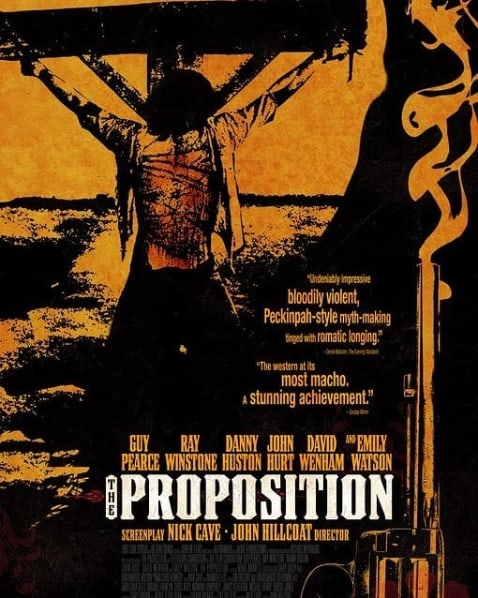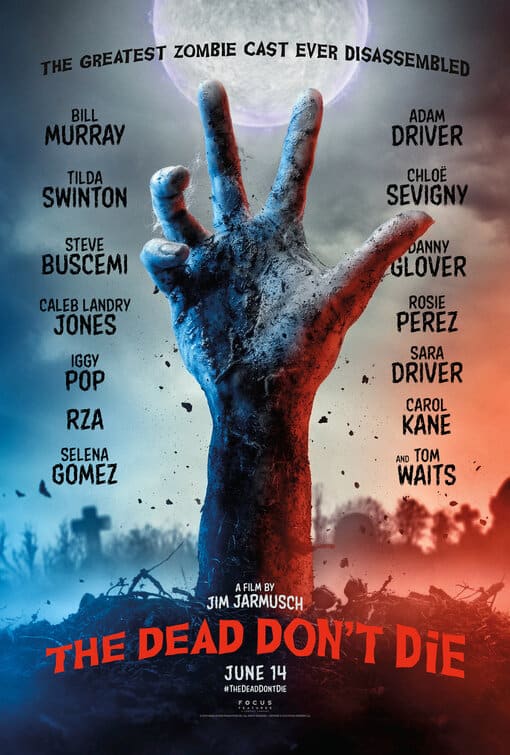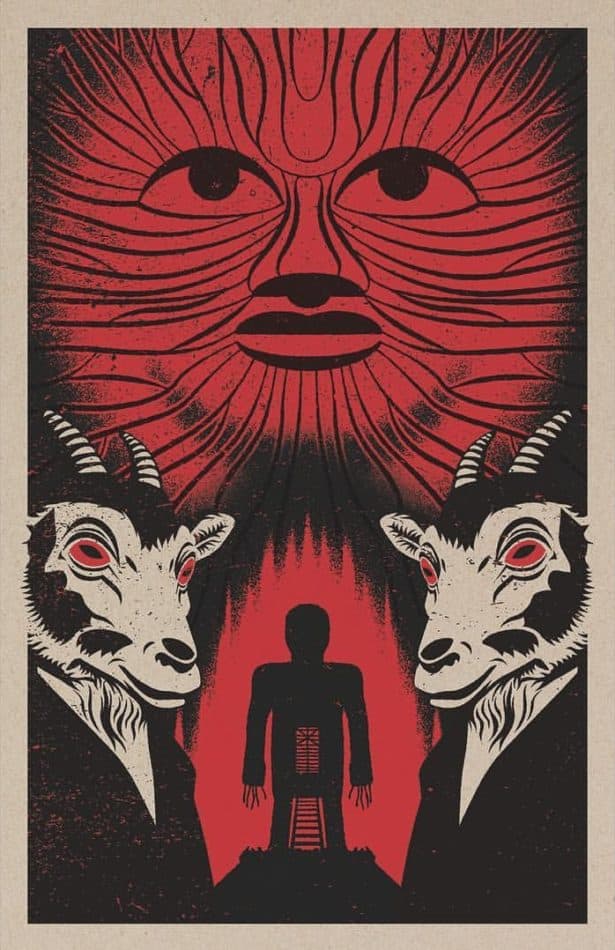
House joins the surprisingly short list of films that features a film composer among its characters. Unfortunately, although this character (simply called “Father”) is said by an unnamed Italian director to be better than Morricone, he plays a minor role. Instead, House focuses on Father’s daughter “Gorgeous” and her six friends, spending part of their summer at Gorgeous’s distant aunt’s house, the last living family member on her now-deceased mother’s side of the family. Given the title, one shouldn’t be surprised that the house is haunted, although it’s a haunting far odder than that in most horror films.
Those familiar with House will likely have the impression that it’s a “weird” movie. And this is true, with random kung-fu sequences, savage attacks from inanimate objects, and people spontaneously turning into fruit (among many other examples). Admittedly I was swept up in this too: when I first saw House in theaters, I thought it was a weird, goofy movie. But this is also a surface level interpretation, as House also portrays the tempestuous period between childhood and adulthood, as naivete is swept away.
It seems a tall task for the musical accompaniment to match such an eccentric film. To do so, Composer Asei Kobayashi brought in Mickie Yoshino and his band Godiego. While Yoshino and Godiego are now celebrated, with massive list of accomplishments (including Godiego having released 55 albums to-date across prog rock, psychedelic rock, and pop rock), it seems like a bit of a gamble at the time. Reportedly, the intent of the collaboration was to capture a youthfulness in the score that would match the film itself.
The result is fascinating and nearly as strange as the film. The most impressive aspect of the score is the main theme, which seems to flawlessly embody the innocence of childhood, making its final stand against adulthood. It’s often played using a single piano or a music box, both of which have diegetic renditions through the film too. It is a warm, familiar caress as Gorgeous connects with her estranged aunt and lovingly learns about her deceased mother; it is the sense of glee these seven girls feel as they’re liberated, however briefly, from school and parents. At one point the theme is even played diegetically by a cat’s “meow” as it jumps back and forth across a piano, fully leaning into the silly side of House.
But there’s also a lurking darkness. For instance, during the first iteration of the theme (on “Main Theme”) slowly something sinister builds, a chaos unleashed in the last few seconds. It leaves as quickly as it came, seeming at most a faint memory. It is those last vestiges of childhood been clung onto as adulthood comes looming.
As this main theme follows the emotional growth of Gorgeous, and really becomes the emotional focal point of the film, it’s used constantly. If it weren’t such a strong melody, it would get utterly tiresome. And even then, it comes close to overplayed.
The rest of the music is largely blues, prog, or pop rock. The latter feels almost like a 70s’ boy band version of rock music, something you can almost imagine its cast of teen girls listening to. The other genres are more products of the time, mixed with the film’s psychedelia and surrealism. Sometimes these manifest as proper songs, while other times they’re essentially formless. The most jarring example is during a rather domestic conversation between Gorgeous and Father, where completely chaotic, seemingly random prog rock is quietly blasting in a relentless storm. It’s a truly strange choice that feels entirely out of place yet is somehow fitting.
I only listened to the score releasing after having seen the movie a couple of times. Therefore, I expected it to be a bit of a slog, with an overuse of main theme renditions. Instead, we almost get alternating rock songs and score cues, with each cue featuring the main theme at least once. It’s far more listenable than expected, although enjoyment may hinge on how much you like the 70s rock selections.
House has always been a favorite of mine, from my younger days thinking it was weird and cool to eventually appreciating its surreal coming of age portrayal. But one constant highlight was Kobayashi, Yoshino, and Godiego’s score. Through the eclectic nature and constant oddities, there’s a sincerity, a capturing of genuine childhood innocence that slowly matures. It’s what helps elevate House from an oddity into something truly special.



